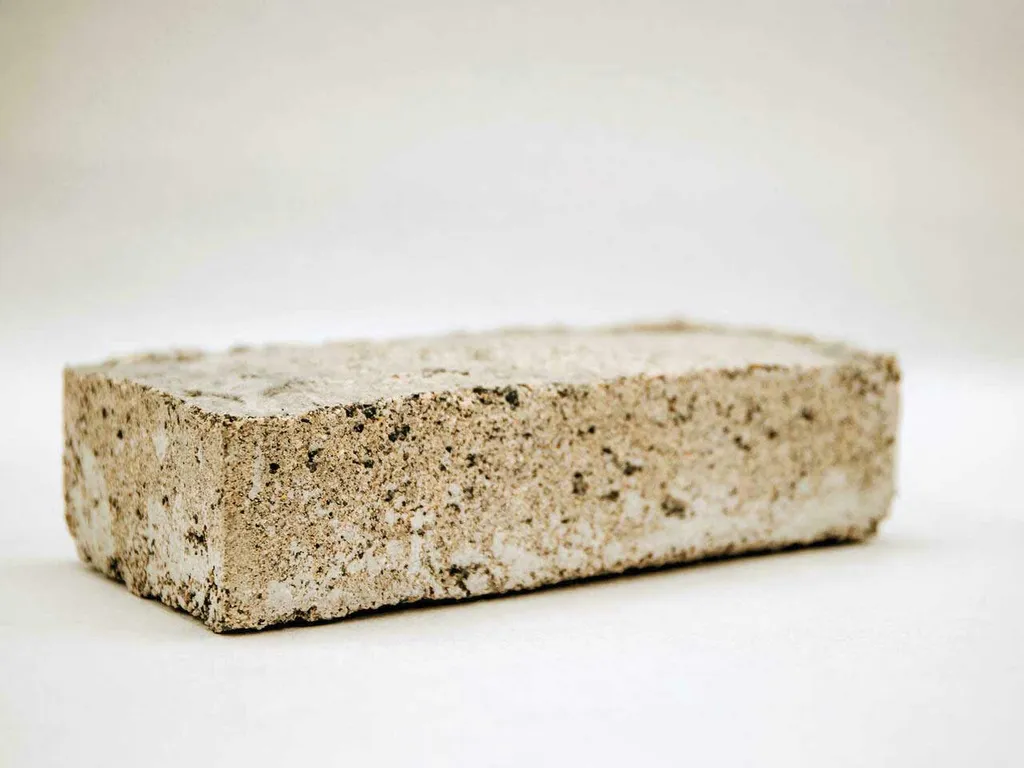In the quest for sustainable construction materials, a team of researchers led by Yudong Zhang from the School of Civil Engineering at Hebei University of Architecture in China has made significant strides. Their study, published in *Case Studies in Construction Materials* (translated as “典型案例集” in Chinese), explores the potential of municipal solid waste incinerator bottom ash (MSWIBA) and coal fly ash (CFA) in the production of concrete pavement bricks. This research not only addresses environmental concerns but also offers promising economic benefits for the energy sector.
The increasing production of MSWIBA and CFA has posed a challenge for waste management. However, Zhang and his team saw an opportunity to turn these byproducts into valuable resources. “By incorporating MSWIBA and CFA into concrete pavement bricks, we aim to conserve natural resources and promote a circular economy,” Zhang explained. The study investigates the optimal substitution rates of MSWIBA for river sand and CFA for cement, evaluating the mechanical properties, microstructure, and durability of the resulting concrete bricks.
The findings are promising. Concrete bricks with 5% CFA and 10% MSWIBA, or 10% CFA and 20% MSWIBA, demonstrated superior mechanical performance. Notably, the sample labeled BA20FA10 achieved a 28-day compressive strength of 52.8 MPa and a flexural strength of 6.2 MPa. These bricks also exhibited excellent freeze-thaw and sulfate resistance, with minimal heavy metal leaching. “The incorporation of MSWIBA and CFA refines the pore structure of the concrete, enhancing its overall durability,” Zhang noted.
The environmental and economic implications of this research are substantial. By utilizing MSWIBA and CFA, construction companies can reduce their reliance on natural resources, lowering both costs and environmental impact. “This study aligns with the goals of sustainable use and environmentally responsible management of industrial byproducts,” Zhang added.
The energy sector stands to benefit significantly from these findings. As the demand for sustainable construction materials grows, the integration of MSWIBA and CFA into concrete production could open new avenues for waste management and resource recycling. This research not only paves the way for more sustainable construction practices but also highlights the potential for economic gains through the responsible use of industrial byproducts.
As the construction industry continues to evolve, the insights from this study could shape future developments in material science and waste management. By embracing these innovative approaches, companies can contribute to a more sustainable future while reaping the benefits of cost-effective and durable construction materials.

